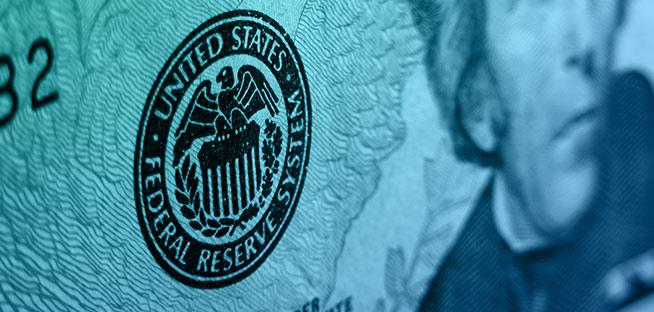The US stock market has gained more than 18% Year to Date, and with a US Government Shutdown threatening to force the economy to grind to a halt, could this see the stock market give up those gains? Investors are certainly afraid this might be the case.
A quick revision of how the US stock market has performed this year.
US Stock Market Performance
The S&P500 opened the year at 1,426.19, which was also the lowest level for the year. It recently peaked at 1,729.44 on the 18th September, and by the end of that month was trading at 1,691.75.
This 18.6% gain on the S&P500 is already far greater than the average annual returns for the leading index, which since 1970 to 2012, has a median of 12.40%. And over the last 42 years, there has only been 13 years where the annual gain of the S&P500 has exceeded the current Year to Date figures. That’s only a 30% probability of exceeding where the markets are now.

Strength of the economy
What’s even more interesting is the strength of the economy, based on GDP growth rate, during those periods of strong annual gains. The above chart depicts both the Average Annual Gain and GDP Growth Rate for the same time frame. There has been only 1 period in the last 42 years where GDP growth was high, and the average annual gain of the S&P500 was high. This was between 1995 and 1999 – the Boom before the infamous Tech Crash of 2000.
As Government employees sit at home and ponder when they will be going back to work and getting paid, the threat that the stock market might crash is not based on the US government shutdown, but on the fact the economy’s Debt Ceiling could result in a default over the coming weeks, and when the Federal Reserve plans on tapering their stimulus measures – the only reason why the US stock market has been rising.
Currently, we are more than 4 years into a recovery following the GFC (Global Financial Crisis), and the US economy is still only at a 2.5% GDP growth rate. The Unemployment rate is at 7.3%, and Inflation almost non-existent as Interest Rates are at a bargain basement level of 0.25%. Bottom line is the US economy is weak and in a slow growth phase.
US Federal Reserve $85 billion
This is the reason why the US Federal Reserve has been pumping $85 billion into the economy each month. Chairman Ben Bernanke has stipulated that he will continue the stimulus measures until Unemployment falls and the economy can stand on its own two feet. But at 2.5% GDP growth rate, it can barely keep its head above water, let alone swim to the shore. Take away the life preserver, and that is when a Recession will occur.
The US Government Shutdown is a warning signal that politics in the US are coming to a stalemate. We saw this happening in December last year following the Presidential elections, and the stock market took a dive then.
Stock market correction
Now that an actual shutdown has occurred, there is a high potential that this could lead to a short-term stock market correction. However, a Crash will need a far greater economic reason. The US Debt Ceiling will be voted on later in October. The implications of not raising the Debt Ceiling will cause the stock market change course. For this reason, we expect it to be raised. And while the Federal Reserve continues to pump $85 billion into the economy every month, there is a tethered umbilical cord providing life for continued slow growth.
Expect the stock market to waver during this government shutdown, but an adjustment to the debt ceiling and continued support from the Fed will keep this uptrend alive. The story for 2014 could be completely different however as the probability of another strong year of growth in the S&P500 is extremely low.
Matthew Brown – US Stocks & Options specialist
US Equity & Option Client Advisor
Halifax Investment Services
ASIC Australian Financial Services License Number – 225973
If you would like to learn more about the strategies you can use to profit from any type of market direction, visit www.australianinvestmenteducation.com.au or you can contact Matthew on brown@halifaxonline.com.au
Matthew is an Authorised Representative of Halifax Investment Services (Halifax). Halifax provides broker services, including Full Service and Discount Services using multiple trading platforms. For Discount platform services, Halifax charges the same fees for phone service as the online trading platform.

